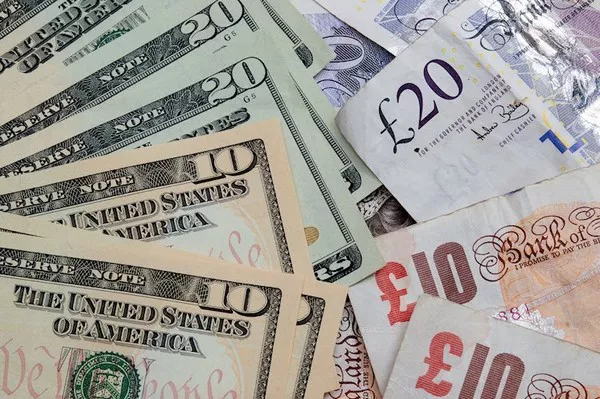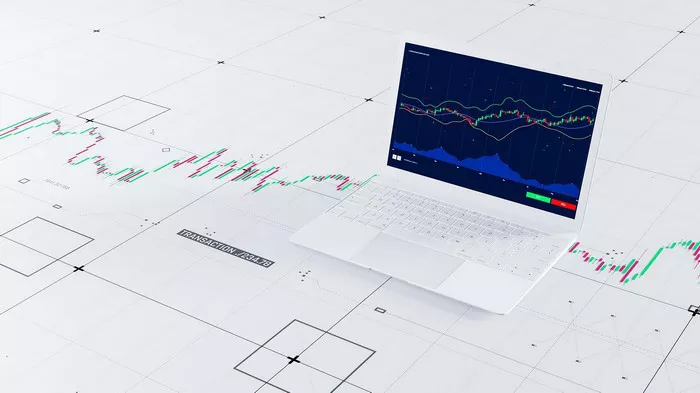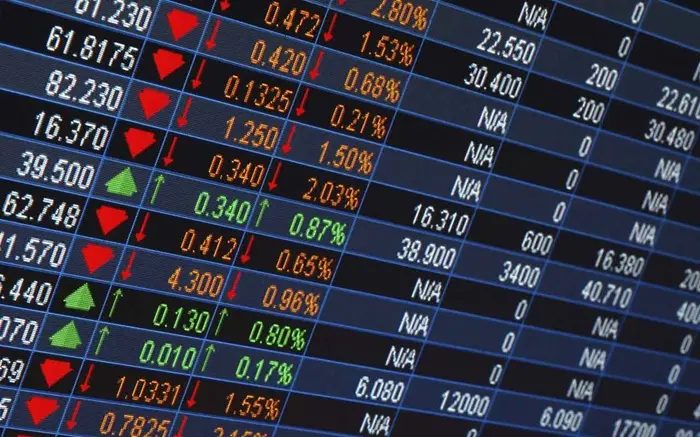As one of the world’s largest economies, China plays a pivotal role in the global financial system. When discussing China’s economic influence, a key question that often comes up is: how many U.S. dollars does China hold? To understand this question, one must delve into China’s foreign exchange reserves, the nature of its U.S. dollar holdings, and their impact on the global economy.
Understanding China’s Foreign Exchange Reserves
China’s foreign exchange reserves are large and among the highest in the world. These reserves include foreign currencies, gold, special drawing rights (SDRs), and International Monetary Fund (IMF) reserve positions. Of these, U.S. dollar reserves account for the largest proportion. These reserves are kept by the People’s Bank of China (PBOC) and are used to stabilize the country’s currency, manage international payments, and ensure economic security.
China’s Holdings
As of the latest data, China has about $3.2 trillion in foreign exchange reserves, making it the world’s largest holder of foreign exchange reserves. A large portion of these are in U.S. dollars, accounting for about 60-70% of total reserves. This portion of dollars is mainly invested in U.S. government bonds, which are considered one of the safest and most liquid financial assets.
The exact value of China’s U.S. dollar assets fluctuates with global market conditions, exchange rates, and the state of the Chinese economy. The US dollar is seen as a safe haven currency, and it is this stability that has prompted China to hold the majority of its reserves in dollars.
Why does China hold dollars?
There are several reasons why China maintains such a significant position in the US dollar. Some of these key factors include:
1. Trade surplus with the US
China has always maintained a trade surplus with the United States, which means that China exports more to the United States than it imports. Payment for these goods is usually made in US dollars, and China accumulates US dollars, which are then deposited into China’s foreign exchange reserves.
2. Currency stability
China holds a large amount of foreign exchange reserves to manage the exchange rate of the RMB. By holding US dollars, the Chinese government can intervene in the currency market when necessary to make the RMB appreciate or depreciate. This helps ensure domestic economic stability, especially during times of economic turmoil.
3. Global trade and investment
The US dollar remains the dominant currency for global trade and finance. Many international transactions, especially energy and commodity transactions, are conducted in US dollars. By holding a large amount of US dollars, China ensures that it has the liquidity to participate in global trade and investment opportunities.
4. Diversification and security
U.S. Treasury bonds are considered one of the safest investments in the world. By holding US dollars and investing in US bonds, China reduces the risks associated with other investments. The U.S. government’s ability to repay its debts makes these assets an attractive option for China, which values the security and stability of its foreign exchange reserve management.
The impact of China’s holdings of dollars on the global economy
China’s large holdings of dollars have a significant impact on both the U.S. and global economies. Let’s explore some of these impacts:
1. Impact on U.S. interest rates
China’s demand for U.S. Treasuries has a direct impact on U.S. interest rates. When China buys U.S. bonds, it helps keep U.S. interest rates low. This is because the U.S. government can sell its bonds at a lower yield thanks to steady demand from foreign buyers such as China.
2. Impact on the RMB exchange rate
The scale of China’s holdings of U.S. dollars enables the People’s Bank of China to intervene in the foreign exchange market and influence the RMB exchange rate. For example, if the RMB is under pressure, China can use its dollar reserves to buy RMB, thereby supporting the RMB exchange rate. Conversely, if the RMB is too strong and hurts Chinese exports, the People’s Bank of China can sell RMB and buy dollars to weaken the RMB exchange rate.
3. Global confidence in the dollar
China’s holdings of dollars reflect global confidence in the dollar. As the world’s largest economy, the dollar is the main reserve currency, used in trade, investment, and as a benchmark for many currencies. China’s large holdings strengthen this trust, making the dollar the dominant currency in global financial markets.
Risks and Challenges of Holding Large Amounts of U.S. Dollars
Despite the many advantages of holding U.S. dollars, China’s large dollar reserves also come with risks. Let’s look at some of these challenges:
1. Dollar Volatility
The value of the U.S. dollar is subject to fluctuations in global markets. A sharp decline in the dollar could cause the value of assets held by China to decline. This poses risks, especially if the dollar depreciates significantly against other currencies.
2. Geopolitical Tensions and Trade Wars
Tensions between China and the United States could lead to actions that threaten China’s dollar reserves. For example, sanctions or trade restrictions could complicate China’s ability to manage or access its dollar reserves. Such geopolitical risks could cause China’s foreign exchange reserves to fluctuate.
3. Inflation and Interest Rates in the United States
If inflation were to occur in the United States, or if the Federal Reserve were to raise interest rates, the value of U.S. Treasury bonds could fall. Since a large portion of China’s dollar holdings are U.S. Treasury bonds, any negative movement in these bonds would affect China’s overall foreign exchange reserves.
The Role of Other Currencies in China’s Foreign Exchange Reserves
While the U.S. dollar accounts for the largest share of China’s foreign exchange reserves, China has increasingly diversified its reserves to include other currencies. The euro, yen, and pound are other major currencies in China’s foreign exchange reserves. This diversification is intended to reduce its reliance on the U.S. dollar and reduce the risk of fluctuations in the value of the U.S. dollar.
China has also shown interest in gold as a way to hedge potential risks in its U.S. dollar reserves. The People’s Bank of China has been increasing its gold reserves in recent years, indicating that it is moving towards diversification.
Conclusion
China’s holdings of U.S. dollars play a vital role in the global financial system. The large amount of dollars in its foreign exchange reserves helps China stabilize its economy, manage the renminbi, and participate in global trade. However, these holdings also come with risks, especially during periods of U.S. dollar volatility and geopolitical tensions.
In summary, China’s U.S. dollar reserves remain among the world’s most important, reflecting its position as a global economic power. China may continue to adjust its reserves as the global economy develops, but its large U.S. dollar reserves are likely to remain a cornerstone of its financial strategy for the foreseeable future.
























